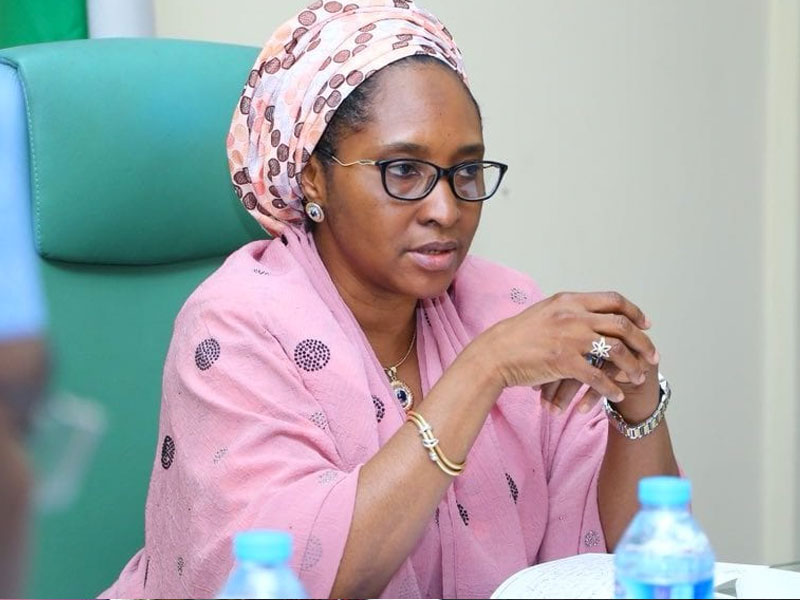Zainab Ahmed, minister of finance, budget and national planning, says Nigeria needs significant financial sector reforms for sustained growth and penetration of Islamic finance in delivering overall economic growth.
Ahmed said this on Tuesday at the 5th African International Conference on Islamic Finance titled, “Infrastructure financing, sustainability and the future of African market 2.0” in Abuja.
The minister said that despite the huge potential of Islamic financing to drive a more competitive economy, Nigeria’s finance sector is lagging behind in adopting Islamic financing in its financial market.

She said that Islamic finance instruments like Sukuk have been instrumental in closing the infrastructure gap in the country by promoting investments in pivotal economic sectors like healthcare, education and transportation.
“The asset-backed nature and risk-sharing components of Islamic finance structures help improve financial sector stability and make them appropriate for infrastructure public-private partnerships,” Ahmed said.
She further said that the engagement of key players in attaining efficiency in the Islamic finance networks is essential for improving its global economy, noting that the perception that Islamic finance is solely for Muslims is a major drawback to its development.
“Consequently, stakeholder engagement becomes imperative to enhance the soundness and efficiency in our financial system on Islamic finance, if we are to build a globally competitive economy,” she added.
In his keynote speech, Muhammad Sanusi II, 14th emir of Kano, emphasised that the inclined disposition of Islamic financing to provide thorough accountability sets it as a more sustainable blueprint to achieve sectorial development.
“When the government issues bonds in the capital markets investors are just looking forward to getting their interests and capital, and it is easy to track the money and where it goes. But with Sukuk, it is possible to know exactly what the money will be used for,” he said.
“Overall, Islamic finance provides a potent alternative for resource mobilisation and fair and equitable allocation of resources that could help address the sustainable development goals.
“However, an essential condition for the development of Islamic finance markets is the presence of an effective legal and regulatory framework to provide an enabling environment that will create a level playing field, and enforce the legality of Islamic finance contracts and ensure Sharī’ah compliance.”
He also debunked claims that Islamic financing is a tool for Islamising Nigeria. He stressed that the purpose is to deepen financial inclusion and drive development.
Ummahani Amin, chairman of the conference planning committee, deemed the conference a portrayal of resilient commitment by Islamic finance industry actors to discuss strategies and fiscal reforms that will enhance the development of the industry.
Amin, the CEO of metropolitan skills and law firm, said the conference adopted last edition’s theme as its stands for advocacy for infrastructural development amid an ailing global economy and humanitarian crisis.


